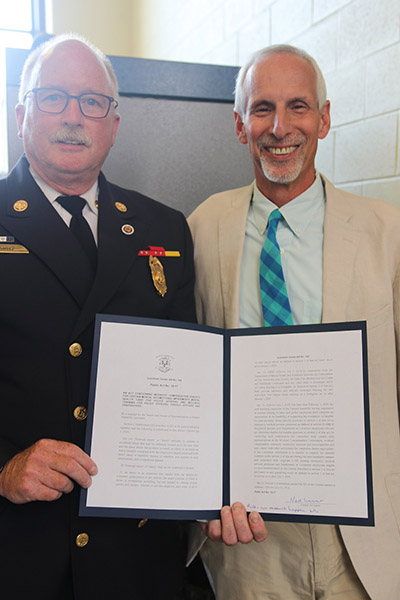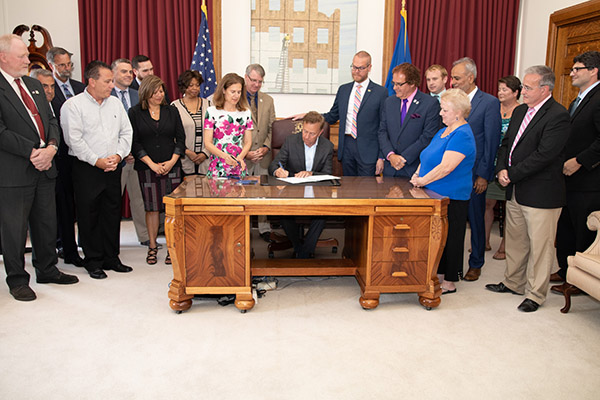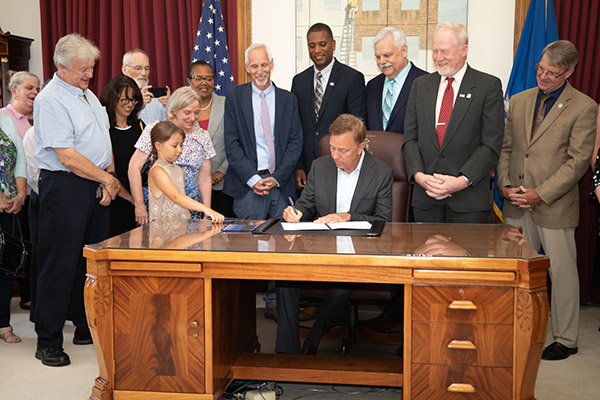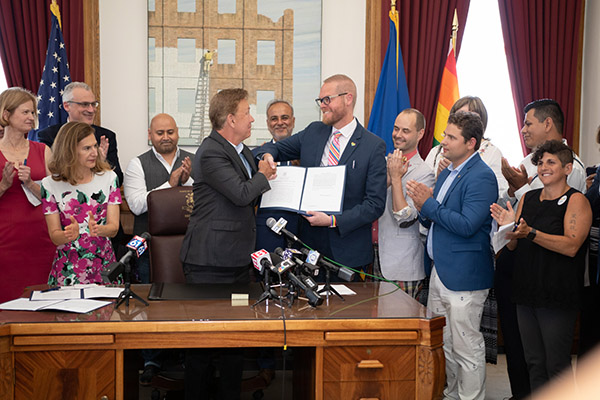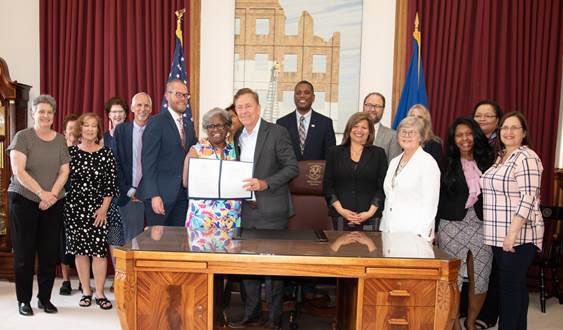Sen. McCrory Welcomes New 2019 Tax Breaks for Connecticut Residents
HARTFORD – State Senator Doug McCrory (D-Hartford) announced today that the month of July has brought good news for Connecticut taxpayers: the start of new tax breaks on Social Security, pension, and other personal income.
“Two years ago, I and other legislators passed a bipartisan state budget that cut certain taxes in the future. Well, that future is now!” Sen. McCrory said. “Connecticut is home to a growing elderly population, and we want to make their lives as comfortable as possible so they can remain here and enjoy our great quality of life. We also want to make it easier for those with pensions and other retirement income to stay here instead of fleeing to Florida or some other pension tax-free state.”
Beginning July 1, 2019, 100% of a person’s Social Security income in Connecticut will be tax-free if your adjusted gross income is less than $75,000 a year for an individual or $100,000 for a couple (this is an increase over previous years, when the income limits were $50,000 for an individual and $60,000 for a couple.)
This is an important tax break because 90 percent of the estimated 330,000 senior households in Connecticut collect about $20,600 a year in Social Security payments, according to 2015 figures.
“If you receive Social Security income in Connecticut, and you make under $100,000 a year, you will pay fewer income taxes in April 2020, it’s that simple,” Sen. McCrory said.
Also beginning July 1, 2019, Connecticut is phasing-out income taxes on any pension or annuity income you may receive, regardless of your age.
For single people with adjusted gross incomes less than $75,000 and for married people filing jointly with income under $100,000, the phase-out will occur over the next seven years.
This year, Connecticut residents can deduct 14% of this pension and annuity income; in 2020, 28%; in 2021, 42%; in 2022, 56%; in 2023, 70%; in 2024, 84%; and finally, in 2025, 100% of pension and annuity income will be tax-free in Connecticut.
About half of Connecticut’s senior households have an annual retirement income of $27,240, not including Social Security, according to 2015 figures.
